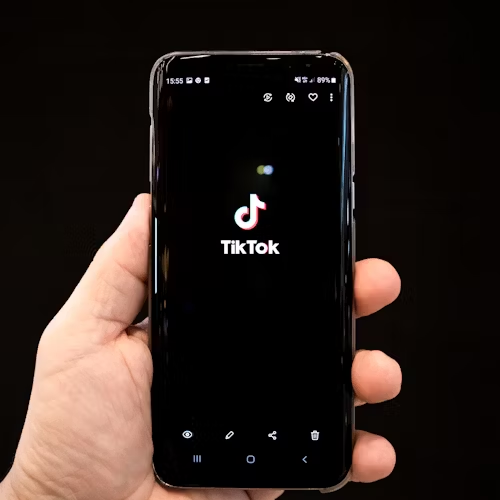I don’t know if there’s any way to start this article other than by saying, “What the sigma is brain rot?” Before I really get into it and go fully embarrassing Gen Z, I figured a more technical Webster’s Dictionary-style definition would benefit anyone reading this who isn’t currently in high school or somehow managed to stay on the relatively “wholesome” side of TikTok. The most formal definition of brain rot that I can provide is a condition in which one’s vernacular (or vocabulary if you’d like to be simple) is affected heavily by the most common slang online to the point where the way they speak appears fake or forced. Somewhat recently, there’s been an explosion of slang words on TikTok that for some reason took over not only the internet but also the real world. Now, I’d like to give my opinions on how I think this happened and my historical accounts of why this is actually nothing new.
To start, I would like to issue a victim statement as the TikTok brain rot plague has unfortunately affected my vocabulary. Now that that is out of the way and you know I’m speaking from firsthand experience, let’s get to the good stuff: making TikTok boring by overanalyzing something that doesn’t need analysis.
I think it would be more efficient first to discuss that this is not the first time (nor the last) the internet has had too much say over how we speak in real life. If you remember, back to whatever grade you were in during the mid-2010s, fidget spinners were all the rage. Along with fidget spinners and dabbing, we had famous phrases that everyone said constantly like “Bye Felicia,” “Listen, Linda” or even “Cash me outside, how ‘bout dat?” Or if you want to go even further back to when people spoke by quoting their favorite Vines every four seconds, which was prime brain rot. I would argue that these are just prime examples of brain rot before we had acknowledged and named it.
Now, even though we have always let internet trends have some sway in our real lives, during COVID certain trends really took off and stuck around. With not much else to do, people sat around a lot on their phones, computers, etc., and doom-scrolled for hours without end until their screen time was higher than their sleep time. This constant stream of content would clearly affect anyone who did not have enough balance in their life during this time period. So, once things went back to normal after COVID-19 all too quickly, some things stuck around, like my generation’s (Gen Z) codependence on the internet. I believe that a lot of people, including myself, start off using brain-rot terms in everyday conversation for comedic purposes. Personally, I speak only in sarcasm and use brain rot ironically. However, that is no longer the case. Have you ever heard the saying “Fake it till you make it?” Well, it works. I have used internet slang ironically to the point that I could no longer get through a sentence without saying something totally ignorant. I think the case is the same for many others. So, why don’t these people that use silly words get made fun of? Because it is socially acceptable to use them! Brain rot is so common online that now when you hear someone say “What the skibidi?” out loud you don’t even bat an eye! The acceptance of these online terms just goes to show how connected, or addicted if that’s your prerogative, this generation is to our phones.
Even though it might seem this overlap of the two worlds is negative, I find it rather neutral. Besides having literal brain rot from too much time online, the words are just fun to say. Try it; throw a sigma, skibidi, or rizz into a sentence and tell me they aren’t fun to pronounce. You would simply be lying. I think my generation is aware of how, quite frankly, stupid these words are and that’s why we use them. In these trying times it’s nice to have common ground with your peers, even if it is made-up words that just make you giggle in class.








